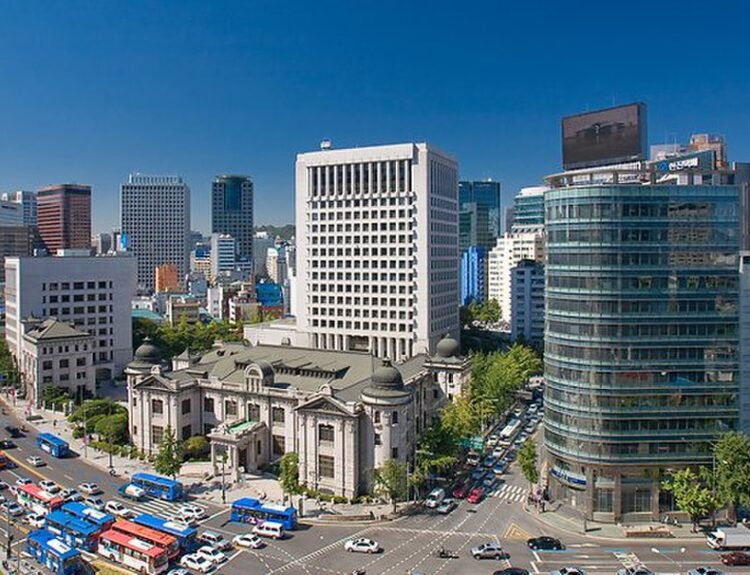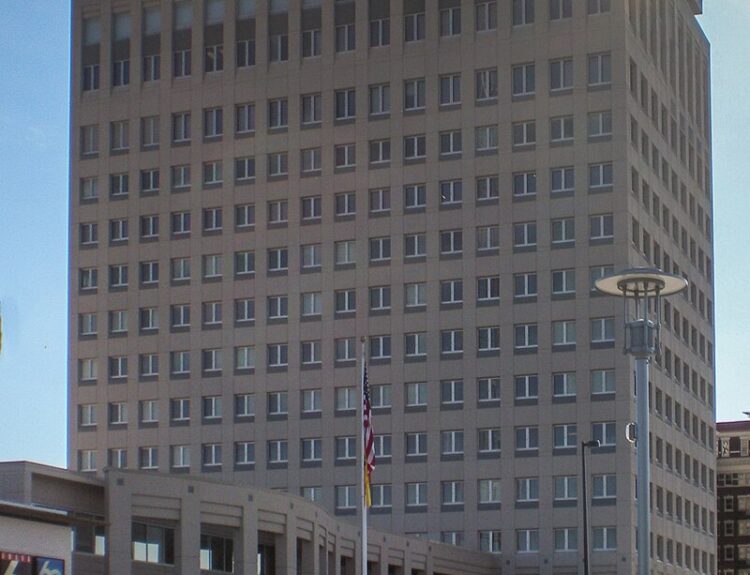A bold move to tackle crime and improve the nation’s image in the gambling sector.
- The Philippines is shutting down online gambling operations catering to foreign players, particularly from China.
- President Ferdinand Marcos Jr. announced the ban, citing concerns over crime linked to these operations.
- POGOs (Philippine offshore gaming operators) accounted for only 4.3% of the country’s gaming revenue last year.
- The ban is expected to address issues like money laundering, human trafficking, and other illicit activities.
- China has been cracking down on overseas gambling, which has led to increased online gambling among its citizens.
The Philippines is taking a significant step by shutting down online gambling operations that primarily serve foreign players, especially those from China. These operations, known as POGOs (Philippine offshore gaming operators), have been under scrutiny due to their links to various criminal activities. President Ferdinand Marcos Jr. announced the ban, highlighting that these businesses have become fronts for serious crimes, including money laundering, human trafficking, and even murder. nnDespite being seen as a potential revenue source, POGOs contributed only 4.3% to the country’s gaming revenue last year, which amounted to around $54 million. In contrast, traditional casinos generated about $566 million, making it clear that the expected financial benefits from POGOs did not materialize. nnThe Philippine government has expressed that the social costs and reputational damage caused by these operations far outweigh any financial gains. With China enforcing strict laws against gambling, many Chinese players have turned to online platforms, leading to a surge in demand for POGOs. However, these platforms have been linked to organized crime, with reports of forced labor and cyber-fraud operations. nnExperts believe that the ban will help law enforcement agencies better address these issues, although some criminals may attempt to relocate their operations to other regions with weaker regulations. The Philippine Amusement and Gaming Corporation has identified only a few licensed operators, while many others operate illegally, raising concerns about oversight and regulation. nnThe recent case involving a local mayor accused of connections to crime-infested POGOs has further highlighted the need for action. As the Philippines seeks to improve its image and regulatory framework, this ban could mark a turning point in the fight against crime in the gambling sector.·
Factuality Level: 7
Factuality Justification: The article provides a detailed account of the Philippine government’s decision to ban POGOs, including relevant statistics and expert opinions. However, it contains some sensational language and potential bias in presenting the implications of the ban, which could affect its overall objectivity.·
Noise Level: 7
Noise Justification: The article provides a detailed account of the Philippine government’s decision to ban POGOs, highlighting the associated crimes and the implications for governance and international relations. It includes evidence and examples, such as the case of Mayor Alice Guo, and discusses the broader context of online gambling in Asia. However, it could benefit from a deeper analysis of long-term trends and potential solutions to the issues raised.·
Public Companies: Philippine Amusement and Gaming Corporation (), Technavio (), IGamiX ()
Key People: Ferdinand Marcos Jr. (President of the Philippines), Rodrigo Duterte (Former President of the Philippines), Benedikt Hofmann (Senior Regional Representative for the U.N.’s Office on Drugs and Crime), Alice Guo (Mayor), Ben Lee (Managing Partner at IGamiX)
Financial Relevance: Yes
Financial Markets Impacted: The ban on POGOs will impact the online gambling sector and related financial markets in the Philippines, affecting revenue streams and regulatory oversight.
Financial Rating Justification: The article discusses the implications of the Philippine government’s ban on POGOs, which are significant players in the online gambling market. This decision directly affects financial revenues from this sector and raises concerns about money laundering and other financial crimes.·
Presence Of Extreme Event: Yes
Nature Of Extreme Event: Political Crisis
Impact Rating Of The Extreme Event: Moderate
Extreme Rating Justification: The article discusses the ban on Philippine offshore gaming operators (POGOs) due to their involvement in various crimes, which has significant political implications and public response. The impact is rated as moderate because while the ban addresses serious issues like money laundering and human trafficking, the immediate effects on the population and infrastructure do not appear to be catastrophic.·
 www.wsj.com
www.wsj.com 




